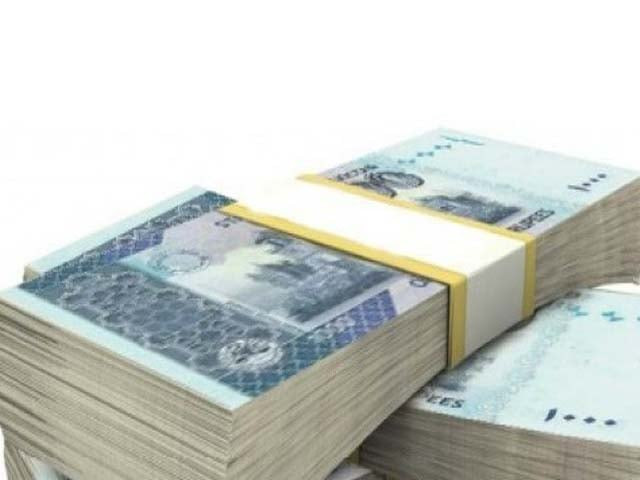Govt raises only Rs315b from T-bills
Lenders anticipate a further increase in central bank’s interest rate

The cash-strapped government on Wednesday raised Rs315 billion less than half the auction target of Rs650 billion, at an historical high cut-off yield of 16.99%.
The higher lending price suggests that the financial market expected a jump of 100 basis points in the central bank’s key policy rate in the upcoming monetary policy announcement.
The government borrowed Rs311.57 billion (out of a total Rs315 billion) by selling its three-month T-bills at a cut-off yield of 16.99%. The rate is the same as it was in the previous auction. This stood as a historical high rate in the previous auction.
The government raised another Rs4.27 billion by selling its six-month T-bills at a cut-off yield of 16.82%. For the 12-month treasury bills, however, the government rejected the bids after finding the cut-off yield to be abnormally high.
The amount raised, however, is less than half the announced target of Rs650 billion for the auction. Commercial banks had offered total financing of Rs626 billion in the auction, and the government was meant to utilise the amount raised to pay off the maturing debt of Rs685 billion, while the rest was to be used to bridge the country’s budget deficit.
Speaking to The Express Tribune, Pak-Kuwait Investment Company (PKIC) Head of Research, Samiullah Tariq said, “The government opted to borrow less than the target to avoid paying a higher cost (cut-off yield).”
He recalled that the government had raised Rs600 billion at a special auction last week (January 3) against its then target of Rs300 billion.
Tariq said banks had demanded a higher interest rate to lend more to the government, as they anticipated a further increase in the central bank’s current policy rate of 16%, to touch 17%.
“The central bank is expected to increase the rate to control high inflation readings (24% in December 2022) in the country. Curbing inflation remains the single largest objective of the State Bank of Pakistan (SBP)…to attain sustainable economic growth in future.”
After the government implements some of the tougher conditions imposed by the International Monetary Fund (IMF) to revive its $6.5 billion loan programme, economists predict inflation to rise to a multi-decade high of 35-40%. If, however, the government does not resume the IMF loan programme and allows the country to default on its international payments, experts believe the inflation readings will go as high as 50%.
In the first week of January, the central bank injected Rs1.70 trillion into commercial banks for up to 73 days. Under the new rules, the government cannot borrow directly from the central bank and thus funds are injected through open market operations (OMOs). These were conducted in parts on different days – from January 1st - 6th for a minimum of 3-days to 73-days – all to meet the government’s financial requirements.
Published in The Express Tribune, January 12th, 2023.
Like Business on Facebook, follow @TribuneBiz on Twitter to stay informed and join in the conversation.


















COMMENTS
Comments are moderated and generally will be posted if they are on-topic and not abusive.
For more information, please see our Comments FAQ